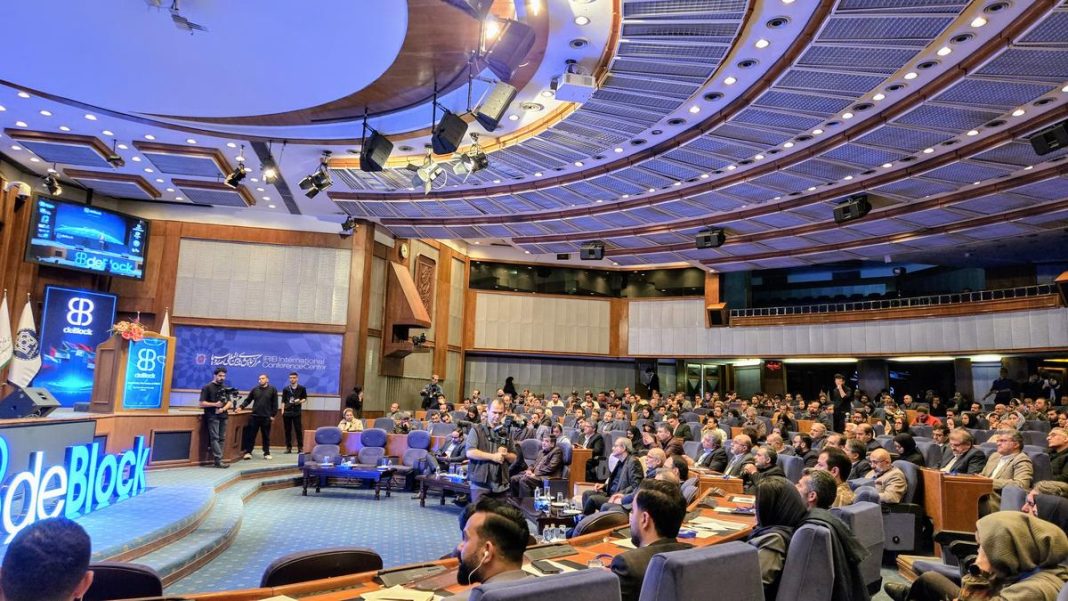Iran Seeks BRICS Crypto Payments to Evade Sanctions
Iran is actively pursuing cryptocurrency payments for international trade, particularly with BRICS nations like India, to circumvent US and UN sanctions. This strategic move comes as the country faces renewed sanctions and seeks alternatives to the SWIFT payment system.
Key Takeaways
- Iran aims to use cryptocurrencies for trade with BRICS countries to bypass sanctions
- Government officials advocate for Iran to become a blockchain technology hub
- Private sector highlights regulatory challenges despite the urgent need
- De-dollarisation emerges as a key motivation behind crypto adoption
Sanctions Context and Crypto Strategy
Following the August 2025 snapback mechanism by France, UK, and Germany that reinstated international sanctions, Iran faces increased pressure to find alternative payment methods. The country has been excluded from the SWIFT system, making traditional international transactions challenging.
Mohammad Bagher Ghalibaf, Speaker of the Iranian Parliament, emphasized at the deBlock Summit: “Cryptocurrencies provide new ways to do business and to pay for trade. So, they can support independent nations. We want Iran to become a regional, and even global hub in blockchain technology and digital trade.”
He further asserted: “We want to do trade with other countries where we pay in digital currencies. It is a necessity for us.”
De-dollarisation Drive
Pooria Asteraky, chairman of the deBlock Summit, framed cryptocurrencies as a technological solution for reducing dollar dependence. “Cryptocurrencies are a decentralised form of money, not to be run by any particular government or political block,” he stated. “It is the first technological tool for de-dollarisation.”
However, India’s Ministry of External Affairs clarified its position in August 2025: “De-dollarisation is not part of India’s financial agenda.” This comes amid warnings from US President Donald Trump about potential punitive tariffs against countries moving away from the dollar.
Regulatory Hurdles
Despite government enthusiasm, Iranian cryptocurrency regulations remain underdeveloped. Ehsan Mehdizadeh, CEO of Wallex Iran, noted: “There is not a proper transparent regulatory environment for blockchain or cryptocurrencies to prosper in Iran. You can’t say you are a country under sanctions and yet you don’t want to use new financial systems.”
He highlighted the urgency: “The SWIFT payment system has been cut off for us, so perhaps cryptocurrencies and blockchain can help. Digital and crypto currencies are one way to get around sanctions.”
Current Regulatory Landscape
The Central Bank of Iran currently oversees the crypto market with several restrictions, including blocking Rial-to-crypto conversion gateways. While crypto mining is permitted, policymakers are debating appropriate regulations, including electricity pricing for mining operations.
Shamseddin Hosseini of the Economic Committee acknowledged: “These currencies do have risks. One question to be asked is how much should you pay for crypto mining.”
Ali Hakim Javadi of the Iranian Information Technology Organization emphasized the importance of trust: “To encourage more investments, there is a need to build trust. A major driver of this is transparency, which you can get through blockchain technology.”
(The reporter was in Tehran at the invitation of the deBlock Summit organisers)




